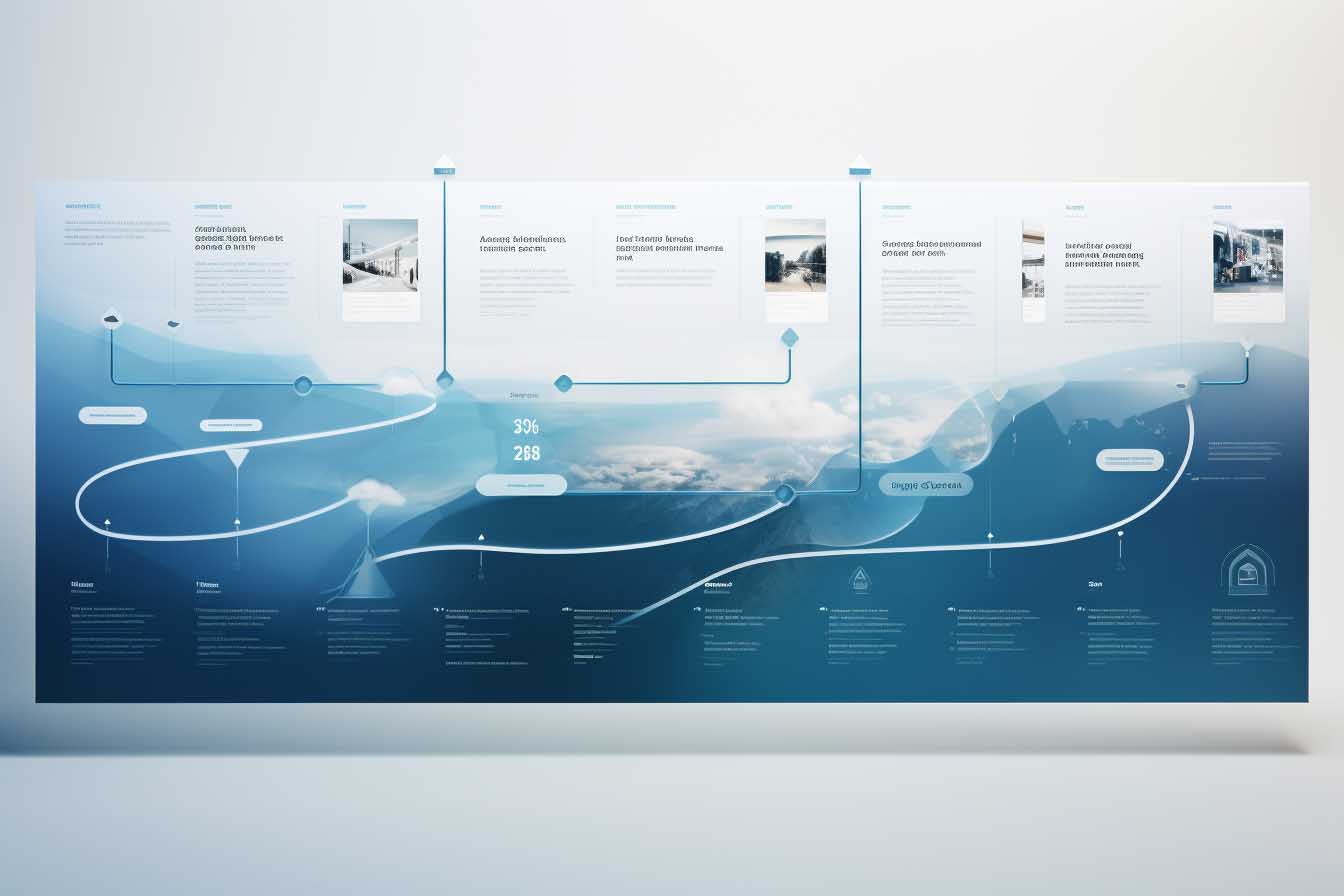California-based start-up, Orchid Biosciences, has developed a genetic testing service focused on in vitro fertilization (IVF). The service enables couples to conduct preimplantation screening of embryos for genetic predisposition to diseases including Alzheimer’s and diabetes. Orchid’s testing service claims to sequence more than 99% of embryo genomes, providing a comprehensive genomic profile. The start-up has raised $12 million in funding to develop and market this service. The technology could offer couples more information about potential health risks for their future children, however, it is at the center of a debate over the ethics and benefits of genetics-based disease prediction.
Hitherto, In vitro fertilization has allowed for the testing of embryos for specific gene mutations that cause single-gene, or monogenic, diseases and for conditions known as aneuploidy, where the embryo has an abnormal number of chromosomes. However, Orchid’s service expands this offering by screening for genetic susceptibility to complex, multifactorial diseases.
While some experts argue the benefits of predicting potential future health risks enabling precautionary measures or early treatment, there is concern that potential misuse of this technology might lead to the emergence of so-called “designer babies”, where parents select for traits such as height or intelligence, which raises significant ethical issues.
Regardless of the ongoing debate, the emergence of novel genetic screening technologies highlight ethe increasing role of genetics in preimplantation diagnostics, as well as its potential to transform the field of reproductive health, by enabling more informed decision-making for prospective parents.
Orchid Biosciences’ recent success in securing funding underscore the current interest and investment in genetic technologies and personalized medicine, mirrored by the rise of other biotech start-ups in the sector. How these technologies will be regulated, and their long-term impact on health and society, remains to be seen.









